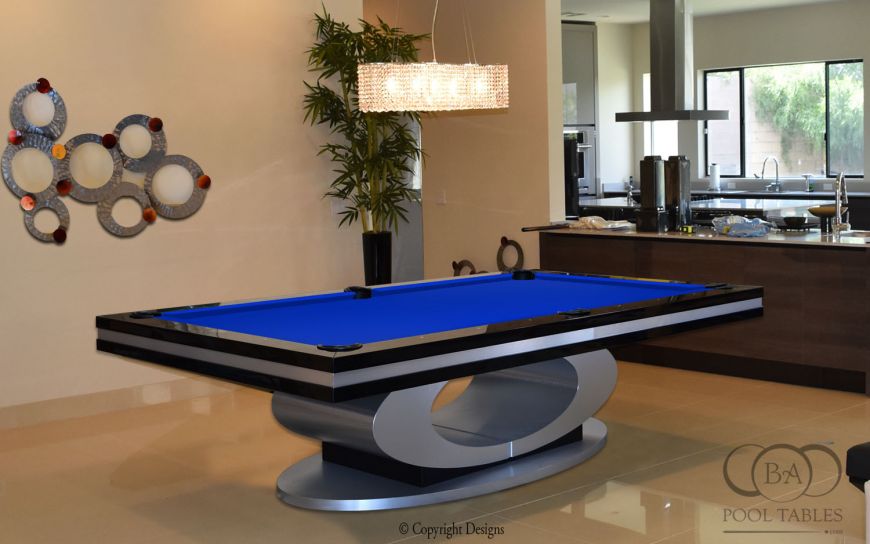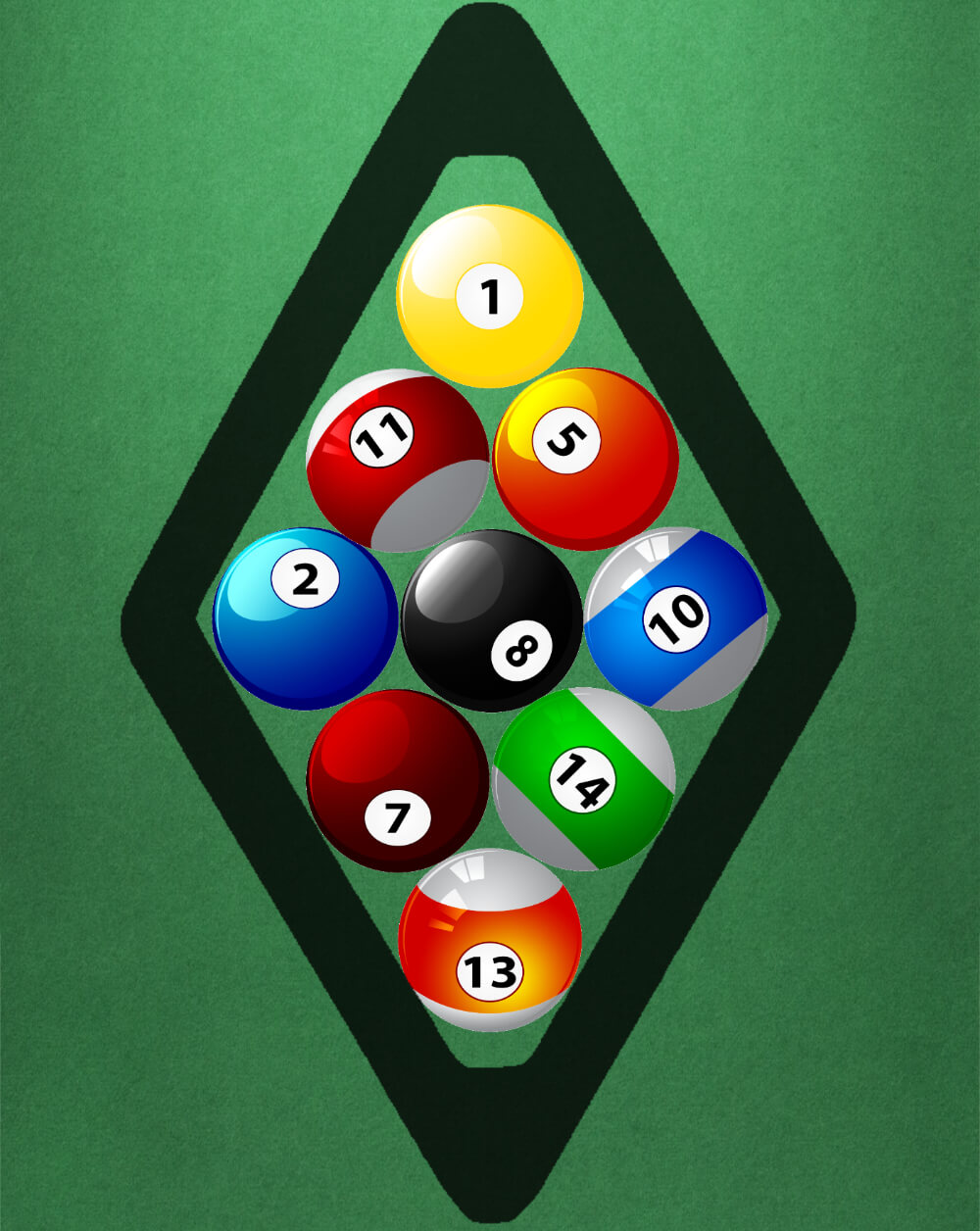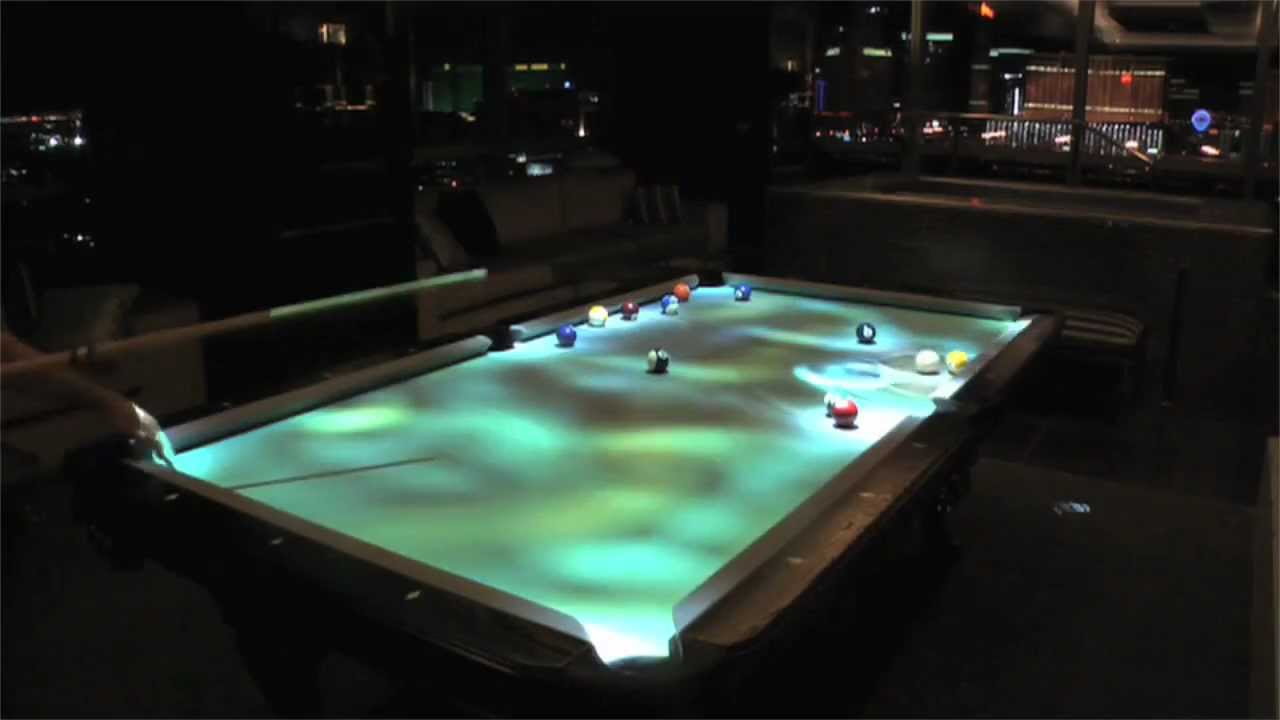
Consider the material when choosing a cue tip. It can be soft, medium or hard. It can also have an impact on the cue's feel, making a firmer shot feel better. It also has an effect on the squirt as well as the sideways tip flex. The shaft flexibility and endmass flex decrease when the tip feels soft.
Hard
Professional and higher-level players prefer a harder cue tip. It requires less maintenance than a soft tip and maintains its shape longer. It does not absorb energy from the cue balls as well as soft tips.
Soft
A soft cue tip can prove to be very helpful when a player needs a more flexible cueball. These tips are typically made of leather and come in a range of hardness levels. The material that they are made of can vary from laminated leather to single-piece materials. Other materials that are common include bakelite or phenolic.

Medium
Kamui Cue Tip products are made from premium Pigskin. This design allows for maximum porosity, and humidity resistance. These tips have excellent chalk retention, which helps improve tip-grip. These tips are durable and can be bought in a pack containing ten.
Phenolic
Your pool cue's phenolic tip can increase your break shot's power by up to 17%. This material is smoother and more responsive to pressure. These properties make phenolic tip a great option for players seeking increased power.
Leather
A leather cue tip is one of the most popular types of tip available. Leather tips offer more control than synthetic ones which are made from cork or plastic. Although leather tips are preferred, synthetic tips may be more suitable for home use.
Splice
If you're looking to buy a new poolcue, there are many options. Some prefer to hand-splice their tips. This process is more labor-intensive and more expensive. If you are looking to play with the best cues, you can get one with a hand-splice.

Size
As a rule of thumb, ensure the tip of your cue measures the same as the shaft. This will allow you more control over the ball and reduce vibration. A smaller tip will also create less squirt when the ball is hit, which will give you a better feeling for your shots.
Materials
Consider the angle of the ball and how it will spin when selecting materials for a tip. A slightly rounded tip allows the player to impart spin to the ball. A rounded point is usually more round than the curvature a dime. A rounded tip is also typically thicker than a nickel.